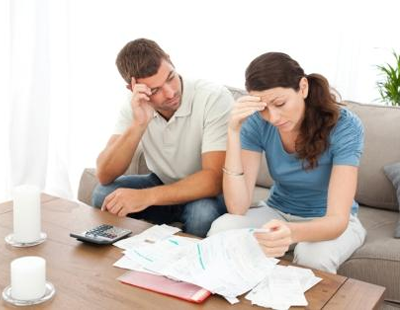
Celebrations amongst landlords and home owners over the latest record house price figures mask growing disadvantages for renters, claims a mortgage service boss.
Despite the traditional summer market slowdown being on the back of a continuing pandemic, UK house prices hit a new record high of £262,954 during August, according to new Halifax House Price Index data.
However, Nigel Purves - chief executive of Wayhome - says: "While these figures may be good news for both developers and sellers, this constant upwards spiral of house prices is bad news for the millions of reluctant renters who are increasingly being priced out of homeownership in their own areas.
“In addition, the UK's renters aren’t helped by the hugely unfair mortgage lending rules.
“Despite many having a sizeable deposit, significant numbers are still falling short of the strict lending criteria required to buy a home that works for them. As we head towards the end of 2021, we need to find innovative ways to help more people get onto the ladder.”
Although the absolute average hit a new high in these latest figures, the trend is for house price growth to be slowing - Wales is the only part of the UK where annual house price inflation is in double figures, at 11.6 per cent.
The South West of England is also still experiencing strong growth at 9.6 per cent, reflecting the continuing popularity of this region throughout the pandemic. Northern Ireland has seen annual house prices rise at 9.3 per cent and Scotland is on 8.4 per cent.
Greater London continues in the slow lane - relatively speaking - with just 1.3 per cent growth in the year to August.
Halifax managing director Russell Galley says: “Average house prices climbed again in August, with the cost of a property increasing by 0.7 per cent or £1,789. Back-to-back monthly price gains have now pushed the cost of a typical home to a record of £262,954, topping the previous high recorded in May this year.
“Given the rapid gains seen over the past 12 months, August’s rise was relatively modest and the annual rate of house price inflation continued to slow, hitting a five-month low of 7.1 per cent versus 7.6 per cent in July.
“However, compared to June 2020, when the housing market began to reopen from the first lockdown, prices remain more than £23,600 or 9.9 per cent higher.
“Much of the impact from the stamp duty holiday has now left the market, as highlighted by the drop in transaction numbers compared to a year ago.
“However, while such government schemes have provided vital stimulus, there have also been other significant drivers of house price inflation … such as the demand for more space amid greater home working. These trends look set to persist and the price gains made since the start of the pandemic are unlikely to be reversed once the remaining tax break comes to an end later this month.”
We're excited to announce that we're working on building a shiny new website for readers of Landlord Today! As part of this process, commenting on articles will be temporarily disabled. We look forward to sharing our new and improved Landlord Today website with you shortly!









.png)

(1).png)







.jpg)






%20(002).png)





